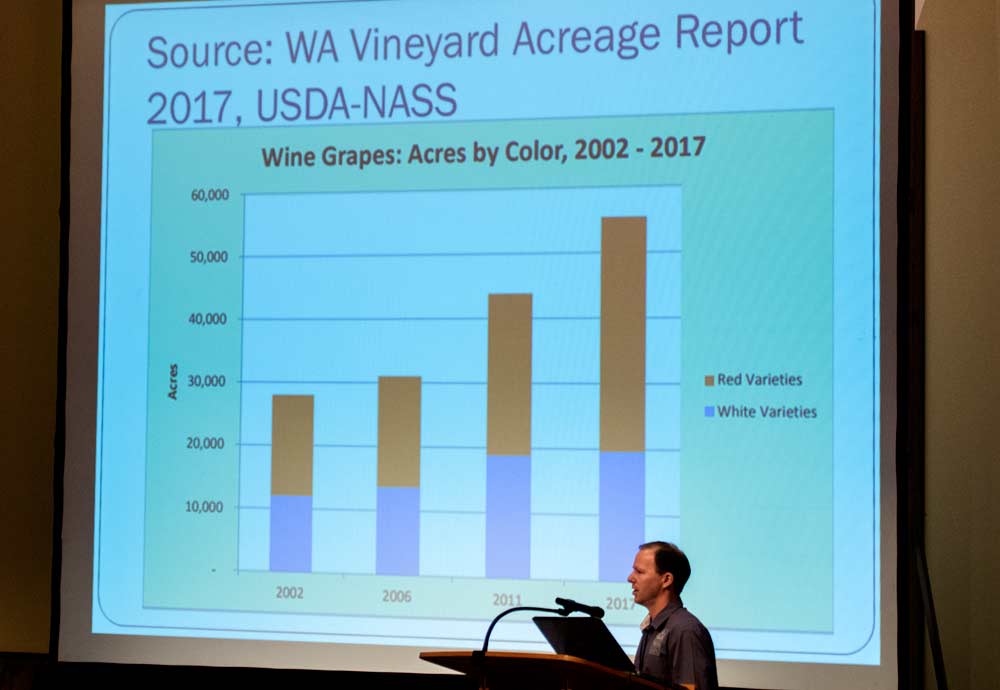
Trent Ball, Yakima Valley College, shows the growth in wine grapes harvested in Washington nears 60,000 acres during the Washington Grape Society meeting in Grandview, Washington, on November 17, 2017. (TJ Mullinax/Good Fruit Grower)
The acreage of juice grapes in Washington continues to decline, but the price is likely to go up next year, said Trent Ball at the Washington State Grape Society annual meeting on Friday. Challenging growing seasons in Argentina, Spain, and California mean global supplies are down.
“The message I keep hearing is that things are looking up. I know I said that last year, but this year things are really looking up,” said Ball, the agriculture program chair at Yakima Valley College who compiles stats on the state of the grape industry every year. “I love to deliver good news.”
The good news was followed by some bad news from Washington State University viticulture extension specialist Michelle Moyer, who has been tracking the role that fungicide resistance could have played in this year’s mildew problems for wine grape growers.
She collected 260 mildew samples from different vineyards across the state during the season and found that 95 percent showed resistance to strobulin fungicides, also known as the Frac 11 fungicide group.
“That’s not good at all,” she said. Vineyards with neighboring cherry and apple orchards appear to be particularly at risk, because drift from fungicides sprayed in those orchards can add to the selection pressure pushing the mildew to develop resistance.
If your vineyard has resistance mildew, she recommended taking an off year from Frac 11 fungicide use if possible, or using it early in the season when mildew populations are smaller.
“Don’t spray high risk fungicides at the need of the growing season. There’s a lot of mildew in vineyards late in the season and you have a higher risk of selecting for those resistant individuals.”
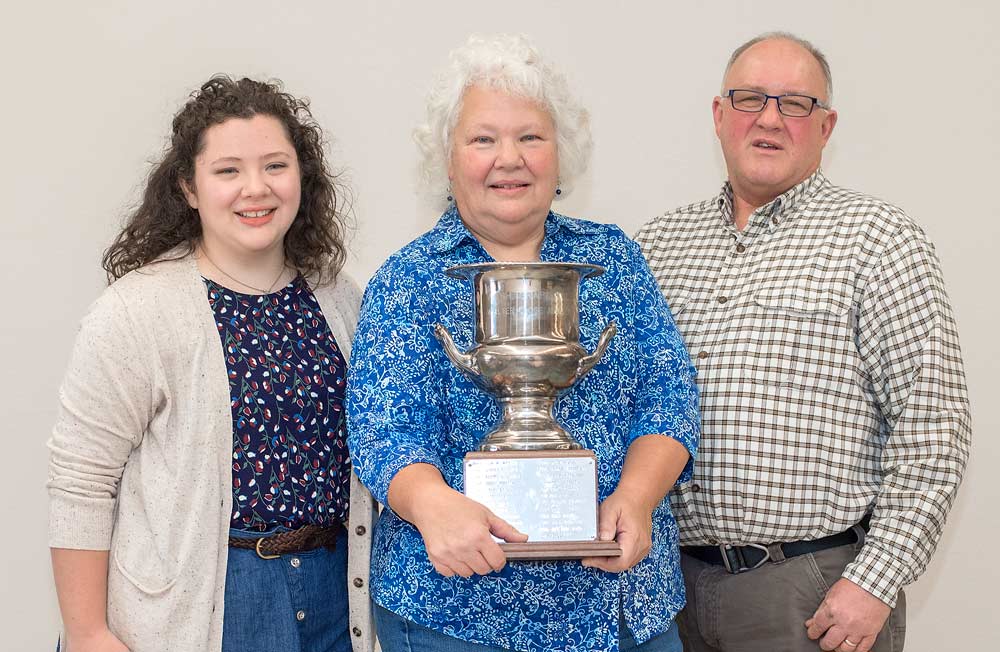
Lynn Mills, center, was awarded the Walter J. Clore Award during the Washington Grape Society meeting in Grandview, Washington, on November 17, 2017. (TJ Mullinax/Good Fruit Grower)
Society president Keith Oliver presented four awards. The Distinguished Contributor Award was presented to Nick Cox of Conover Insurance. Lindsey Schilperoot, a WSU student planning a career to help farmers meet food safety requirements, received the society’s scholarship.
Tom Judkins, the founder of Inland Desert Nursery, was honored with the Grower of the Year Award. “It really feels good to be recognized like this coming from all you people. I’ve learned a lot from all of you,” Judkins said. Lastly, Oliver presented the Walter J. Chlore Award to Lynn Mills, a longtime research assistant for the WSU viticulture program. While Mills work is largely behind the scenes, her colleagues consider an integral peacekeeper and mentor for the viticulture program, Oliver said. .
Other talks at the meeting included pest and weed management.
– by Kate Prengaman

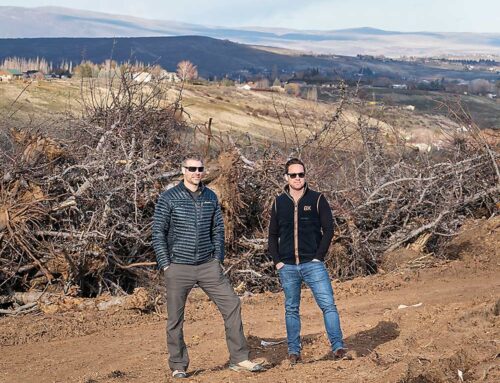
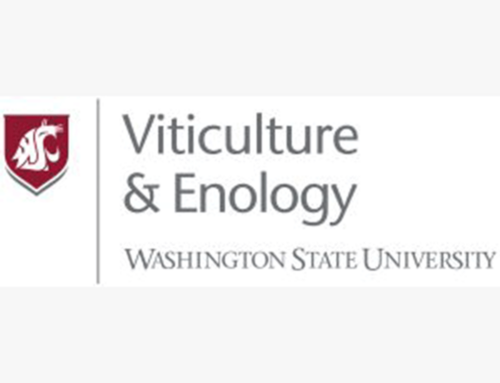
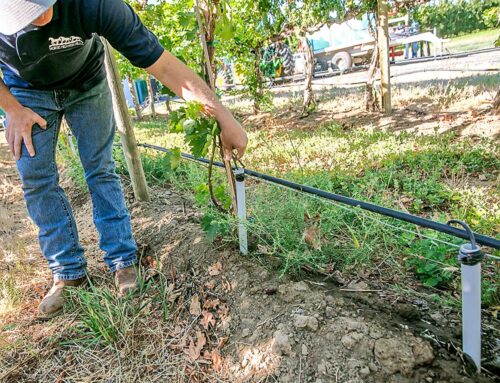
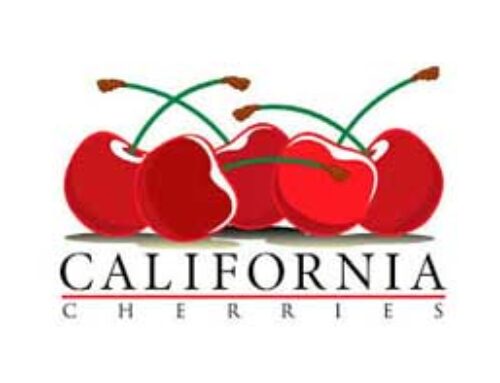
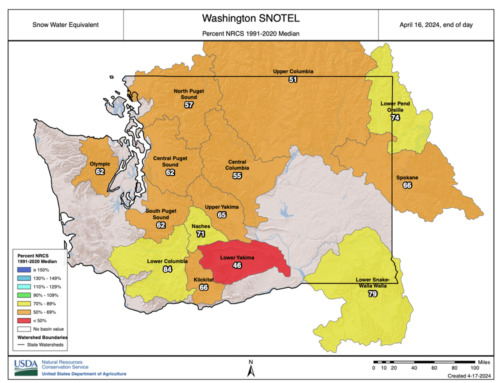
Leave A Comment